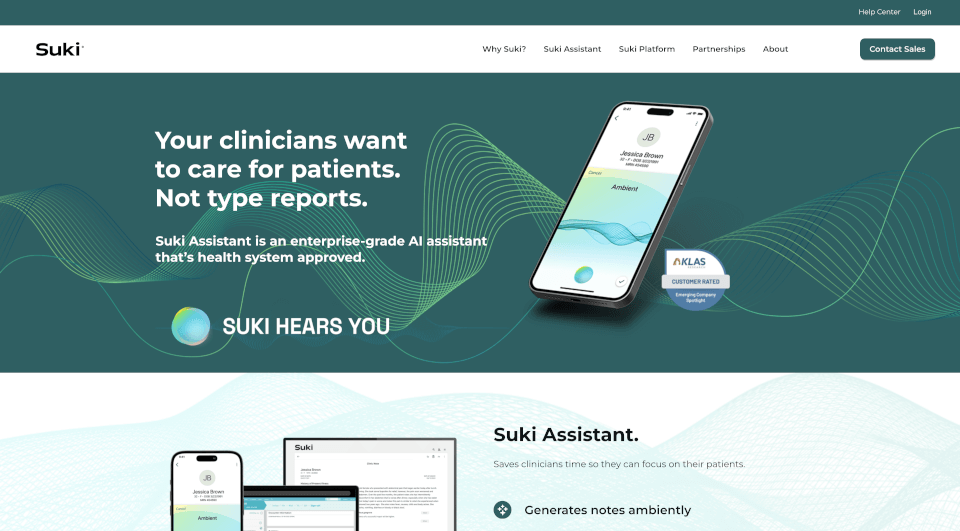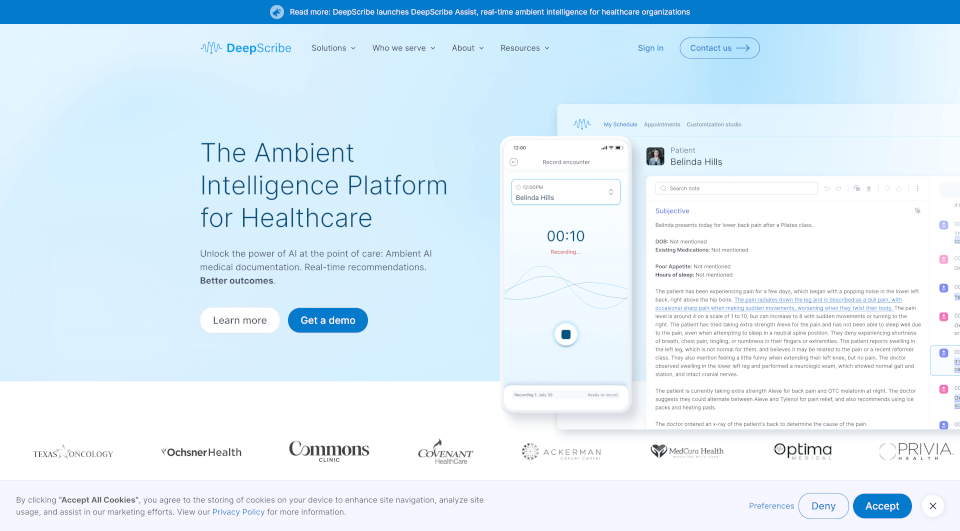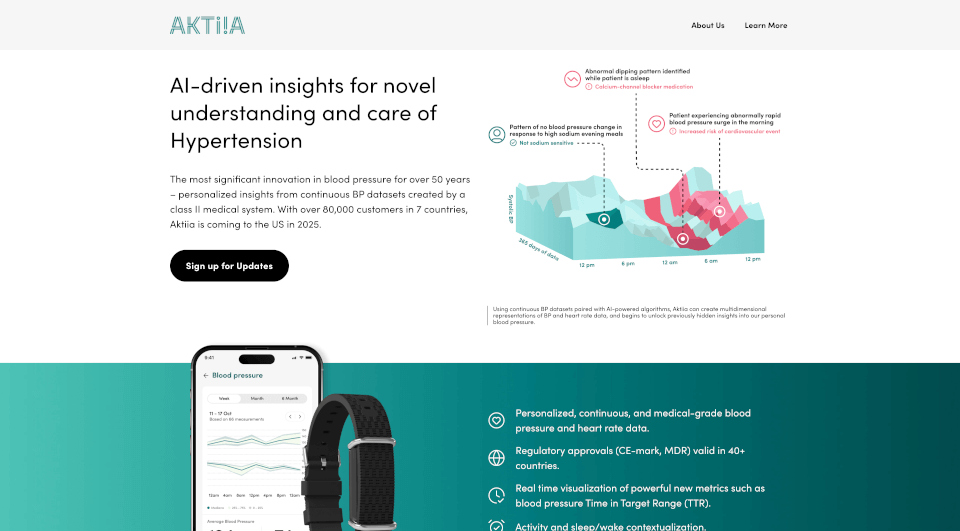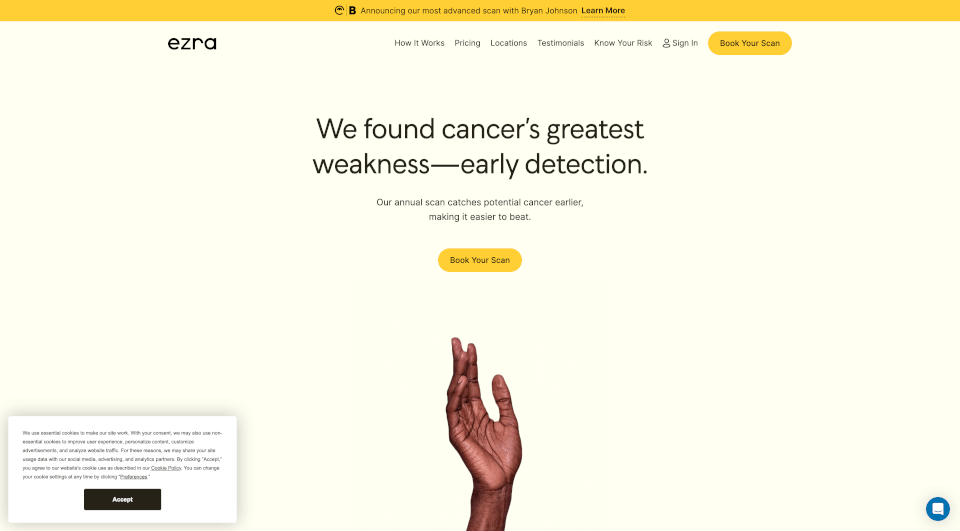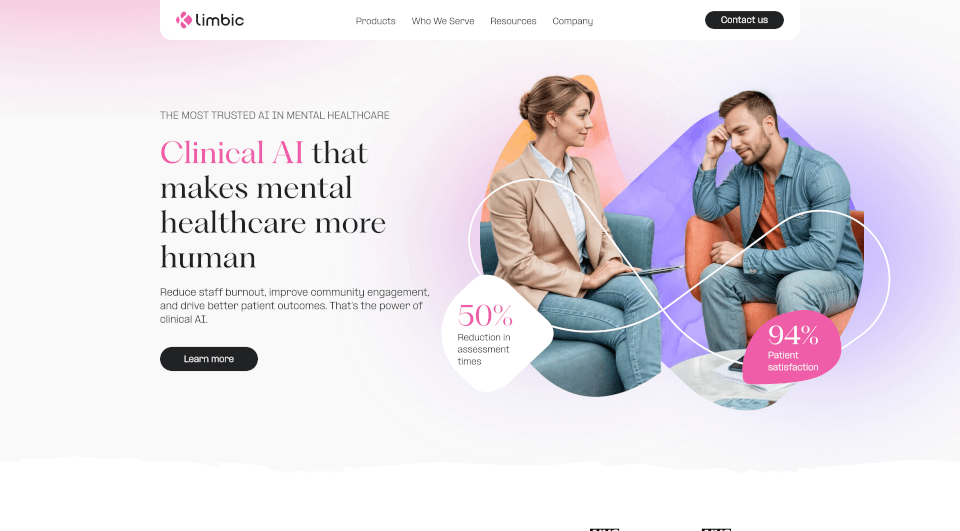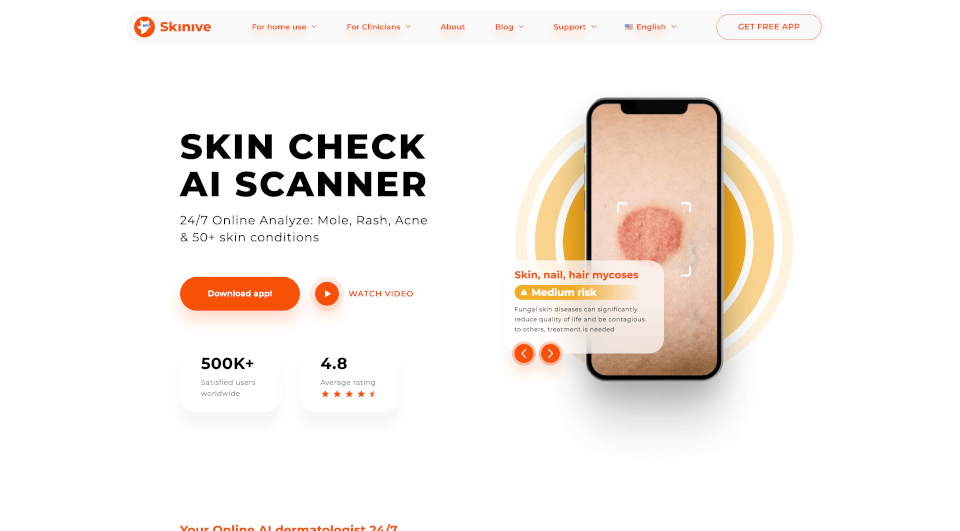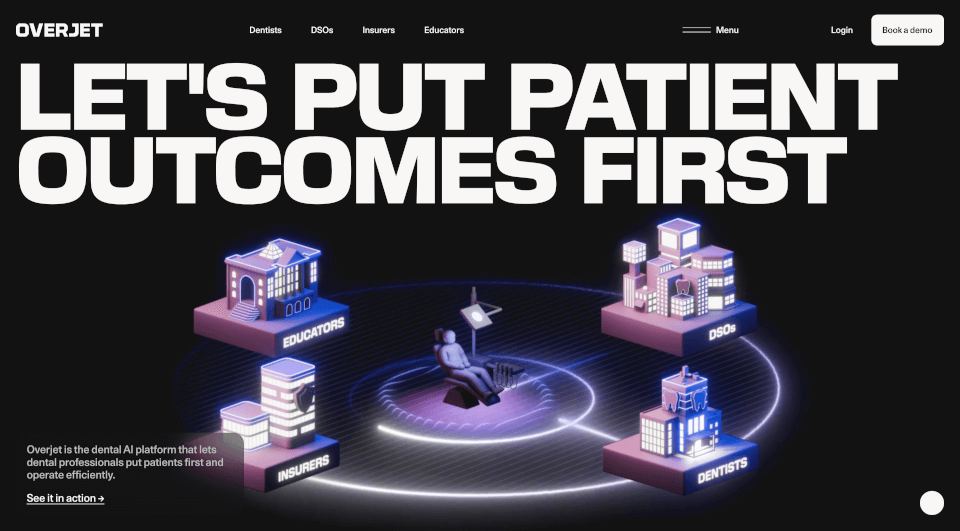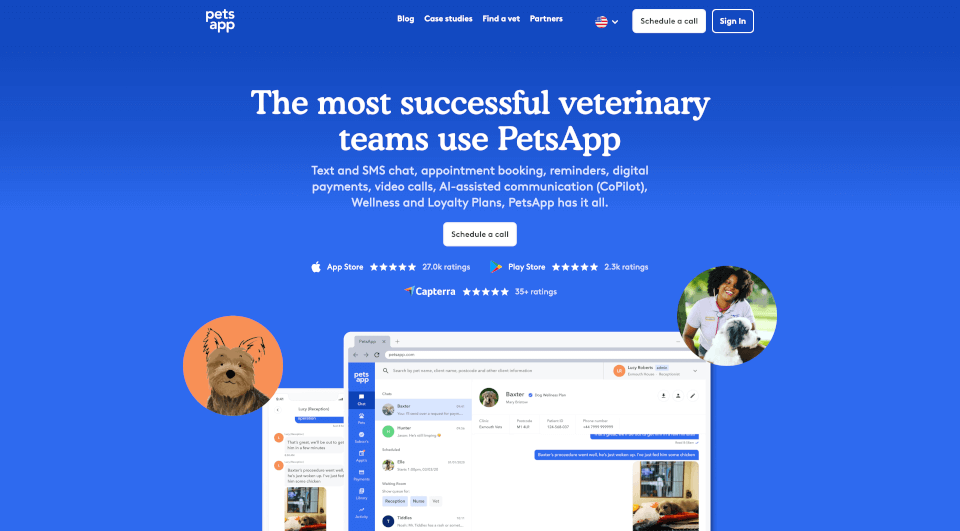What is Suki AI?
Suki AI is a revolutionary voice assistant designed specifically for healthcare professionals. By leveraging advanced artificial intelligence, Suki alleviates the administrative burden from clinicians, allowing them to devote more time to patient care. This innovative platform is trusted by health systems across the nation and has been optimized to enhance efficiency in medical documentation, coding, and interaction with Electronic Health Records (EHRs).
What are the features of Suki AI?
Suki AI boasts a multitude of features that streamline the documentation process and improve clinician workflow:
-
Ambient Documentation: Suki generates notes seamlessly and ambiently during patient encounters, ensuring accurate documentation without interrupting the doctor-patient interaction.
-
Voice Dictation: Clinicians can dictate notes and observations in real time, allowing for hands-free documentation that keeps their focus on the patient.
-
Coding Recommendations: Suki provides real-time ICD-10 and HCC coding recommendations, ensuring proper coding without the guesswork, which can often lead to missed reimbursements.
-
Interactive Q&A: The AI assistant can answer clinician questions in real time, giving healthcare providers instant access to critical information when they need it most.
-
Deep EHR Integration: Suki integrates deeply with major EHR systems like Athena, Cerner, and Epic, allowing for smooth data transfer and management while enabling clinicians to retrieve and send dynamic data with ease.
-
AI Safety Protocols: Designed to minimize risks associated with AI hallucinations and biases, Suki ensures that all content is clinician-reviewed before being sent to the EHR, maintaining accuracy and trustworthiness in documentation.
What are the characteristics of Suki AI?
Suki is characterized by its robust functionality tailored specifically for healthcare environments. Key characteristics include:
-
Enterprise-Grade Performance: Built to support large health systems, Suki can scale effectively to accommodate the needs of 100 to 100,000 clinicians.
-
Hassle-Free Implementation: The onboarding process is managed by Suki, requiring minimal resources from the healthcare organization. Ongoing support is also readily available 24/7, which allows organizations to focus on patient care rather than technology management.
-
Proven ROI: Suki has demonstrated meaningful return on investment (ROI) for health systems, becoming ROI positive by month two of deployment. This includes improved reimbursement rates and the ability to increase patient encounters.
-
User-friendly Interface: Available on various platforms including iOS, Android, web, and desktop, Suki ensures that clinicians can use the platform in whichever format suits them best.
What are the use cases of Suki AI?
Suki AI is applicable in numerous healthcare settings, making it versatile for a wide range of users:
-
Primary Care Practices: Clinicians can enhance patient visits by focusing on direct interaction while Suki handles the documentation process in real-time.
-
Specialty Clinics: Specialists can utilize Suki to manage complex notes and coding, ensuring that all necessary details are captured and delivered to the EHR.
-
Hospital Settings: Large hospitals can efficiently manage patient documentation across multiple departments, easily integrating with existing EHR systems for streamlined operations.
-
Telehealth Services: As telehealth continues to grow, Suki supports remote consultations, allowing clinicians to document visits with ease, regardless of location.
How to use Suki AI?
Using Suki AI is straightforward and intuitive. Here’s how clinicians can make the most of this powerful tool:
-
Setup: Integrate Suki with your existing EHR systems to ensure a smooth flow of data both ways. This involves minimal IT support as Suki manages most of the integration process.
-
Dictation: During patient encounters, simply activate Suki by voice command and start speaking to document the visit. Suki will capture the dialogue and generate a structured note.
-
Coding: As you dictate, Suki will suggest appropriate ICD-10 and HCC codes based on the provided content. Review these suggestions for accuracy before finalizing.
-
Review and Edit: After the consultation, review the generated notes and any suggested changes or additions Suki has provided to ensure it aligns with clinical standards.
-
Finalization: Once the notes are satisfactory, submit them directly to the EHR. Suki will manage the transfer seamlessly.
